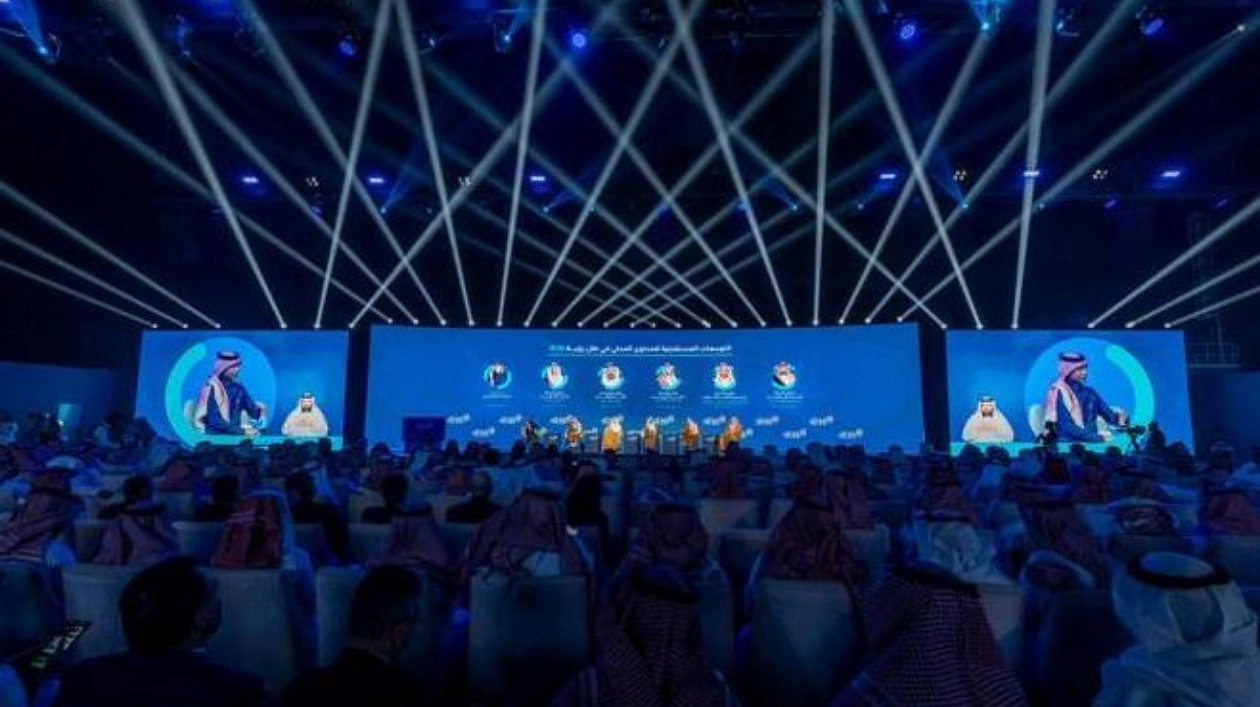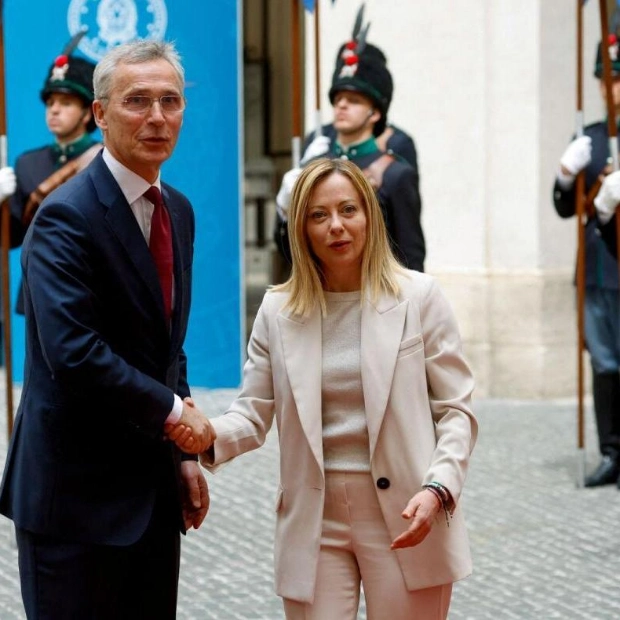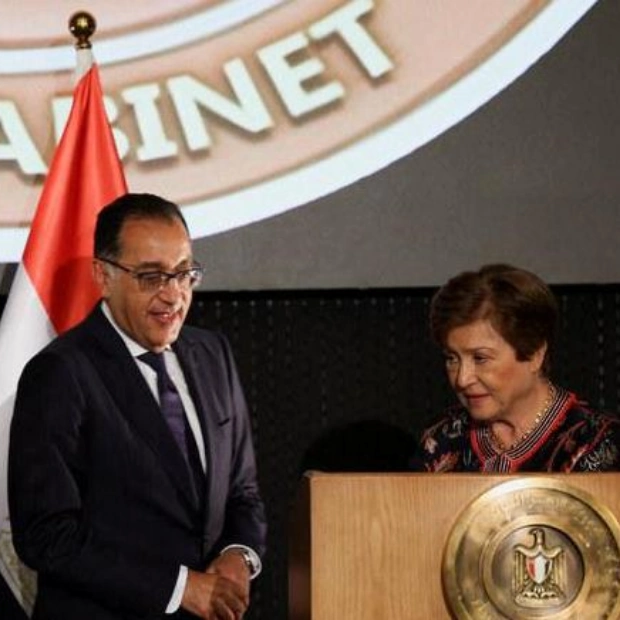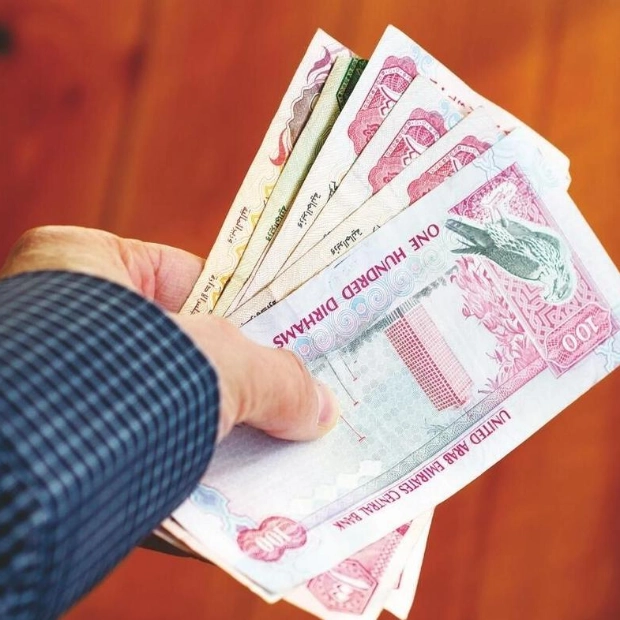RIYADH: Saudi Arabia has unveiled a series of initiatives and signed 15 agreements at the Local Content Forum, which are expected to have a significant impact on the domestic economy, with an estimated SR12.4 billion ($3.3 billion) boost to the gross domestic product.
These agreements, signed on the first day of the three-day event in Riyadh, span various strategic sectors including manufacturing, technology, and transportation. The Local Content and Government Procurement Authority has launched several initiatives aimed at driving the localization of key industries, in line with broader economic objectives.
The agreements include partnerships designed to localize manufacturing, transfer knowledge, and foster innovation, as reported by the Saudi Press Agency. Key deals include the Wattenha program launched by Sadara Chemical Co., which aims to support domestic suppliers, develop human capital, and enhance manufacturing capabilities.
In the first half of 2024, Sadara reported a local content rate of 50.25 percent, surpassing industry benchmarks, with SR3 billion spent on Saudi procurement. Locally manufactured products made up 43 percent of its offerings, and Saudization reached 77.8 percent, according to a press release.
Saudi Arabia Railways, in partnership with LCGPA, launched a SR15 billion Saudization program in the logistics and transportation sector. This initiative, unveiled by Minister of Transport and Logistics Saleh Al-Jasser, aims to localize manufacturing, boost operational efficiency, and create up to 3,000 jobs by 2030.
The forum also highlighted the Kingdom’s plans for the automotive industry, including the goal to produce 500,000 vehicles annually by 2030. Ongoing negotiations with Hyundai underline Saudi Arabia’s commitment to becoming a hub for automobile manufacturing.
The Global Supply Chain Resilience Initiative, valued at SR100 billion, is driving 95 strategic projects, with a focus on value chain development and export promotion. Additionally, three automotive manufacturing complexes were announced, furthering the localization of this critical sector.
The forum featured discussions on the future of local content in industries such as agriculture, energy, and industrial services. Programs introduced by the LCGPA aim to reduce reliance on imports, enhance local supply chain resilience, and foster innovation.
The “Golden Category” of the Made in Saudi program was also launched, aimed at integrating local suppliers into global supply chains and highlighting Saudi-made products on the world stage. The initiative, overseen by the Saudi Export Development Authority, promotes local products and supports exports.
Minister of Investment Khalid Al-Falih emphasized that local content is a crucial driver of the economy, impacting key industries such as energy, industry, and tourism, among others. He highlighted that achieving growth targets requires a highly competitive investment climate, with the private sector playing a vital role in boosting the Kingdom’s exports while meeting the demands of its growing economy.
Minister of Industry and Mineral Resources Bandar bin Ibrahim Alkhorayef further emphasized the importance of locally produced products that offer high quality and competitive advantages as a key requirement for achieving local content goals and maximizing its economic impact.
Governor of the General Authority for Military Industries, Ahmed bin Abdulaziz Al-Ohaily revealed that the localization of military spending has reached 19.35 percent, compared to just 4 percent in 2018. GAMI aims to localize over 50 percent of government spending on military equipment and services by 2030.
Additionally, the number of licensed and authorized establishments in the military industries sector has increased to 296 by the third quarter of 2024. GAMI has launched 11 policies and regulations for the sector, aiming to boost local content, build new manufacturing and service capabilities, and create high-quality employment opportunities.
Source link: https://www.arabnews.com






